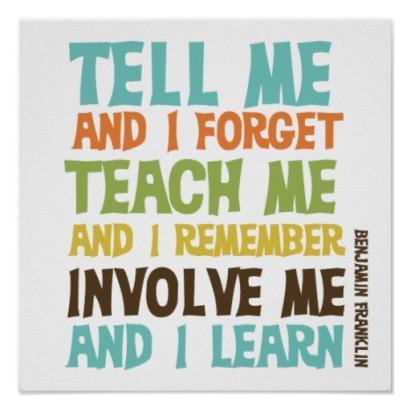Assessment and Data
Assessment at Regent Farm First School: Our Philosophy
Assessment is how we know what to teach tomorrow and ensure that all children make strong progress. It is not to hold staff to account, or to give numbers which give us a predetermined view of what our children can achieve. Ethically, we must always have the highest of expectations and not limit our children in their learning and achievements.
On-going assessment takes place in all lessons every day. Assessment is used to inform teaching and learning, to underpin the curriculum and to inform pupil progress.
In a class of thirty children and two adults, there are thirty-two assessors who should all be engaged in the process of assessing. Children should be active participants in their own assessment. They should be reflective about learning and know they are being listened to. There should be opportunities for teachers to talk about learning and the children in their class. The talk should always be child-focused and based on, ‘What can we do to find a way through for this child?’
At Regent Farm First School we believe it is more important to assess children for learning rather than focus solely on the end product. Teaching is so much more than giving a grade and moving on: assessment has such a deep and important job in informing, encouraging, and communicating.
Below are our values regarding assessment in the classroom:
- Primarily staff will focus on immediate feedback; either verbal or written. Effective feedback can turn a mistake or misconception into a learning opportunity and it can increase learning, understanding, and growth.
- Self-assessment allows pupils to take responsibility and pride in their individual work – this encourages them to be self-aware, offer and accept critique, and to be ambitious in their learning.
- Formative assessment is necessary on a daily basis. It allows teachers to see what children are understanding; when they may need more time or further explanation; and what teaching strategies are working for different group of pupils.
- Everyone learns differently – this is why differentiation is so important in order to reach all children in the classroom. Every child must be given the unique tools and materials needed for an effective learning environment.
- In order for pupils to get to their learning destination, they need to know how they will reach it. This means that they need to be included in creating success criteria and clearly know their learning objectives. This gives children a road map on how to be successful learners.
- We aim for all learning to be active rather than passive. This enables children to be engaged in the learning process and reinforces the student’s conceptual understanding as opposed to merely listing off facts. Active learning occurs through discussion and collaboration, critical thinking, problem-solving, and connecting new learning with one’s own world.

